
MANDAÏ DISTRIBUTION - independent music distributor
Copyright : 2002-2026
| SEARCH | |
| BROWSE BY | |
|
- Artists - Labels - Formats - Styles - Mid prices - Last items - LP - 10in - 7in - Mandaï Gift Vouchers |
|
| NEWSLETTER | |
|
- Subscribe |
|
| LOGIN | |
|
Sign in or Register. |
|
| CONCERTS | |
| 06/02/2026 No Metal In This Battle @ Kulturfabrik | |
| 06/02/2026 Zea @ Db's | |
| 06/02/2026 It Dockumer Lokaeltsje @ Db's | |
| 06/02/2026 Shit And Shine @ Les Ateliers Claus | |
| 07/02/2026 Mr Marcaille @ Rockerill | |
| 09/02/2026 Courtis, Anla @ Gaurain-Ramecroix | |
| More concerts ... | |
| NEWS | |
| 04/02/2026 New releases uploaded ! | |
| 07/01/2026 Happy New Year, folks ! | |
| 24/12/2025 Merry X-Mas ! | |
| 27/11/2025 New releases will be soon added ! | |
| More news ... | |
| FEEDBACKS | |
|
G... (Belgium) friendly communication, fast shipping, e... |
|
|
s... (Belgium) Excellent!... |
|
|
m... (France) Mandai delivers fast the finest indie an... |
|
| More feedbacks ... | |
| DESCRIPTION | ||
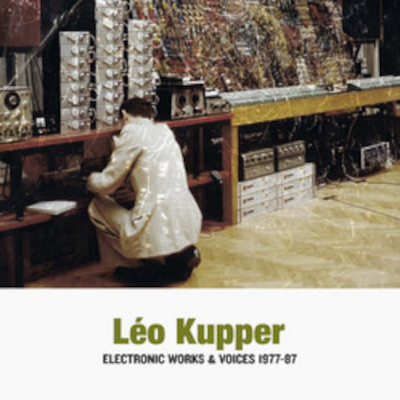 | KUPPER, LEO Electronic Works & Voices 1977-1987 Label : Sub Rosa Year : 2022 Format : 2xLP Style : Experimental Availability : In stock Price : 24.80 € - BUY | |
| Description : | Perfect follow up to our precedent 2LP (Electronic Works & Voices 1961-1979),
this release highlights Leo Kupper's earliest compositions with his GAME machine - Générateur Automatique de Musique Electronique (Automatic Generatorof Electronic Music) constructed during the 1960's. Purely electronic sounds into new structures, Leo Kupper shows through his 4 tracks a real spirit of renewal.
Leo Kupper was born in Nidrum, Hautes Fagnes (Eastern Belgium) on the 16th of April 1935. He studied musicology at the Liège Conservatory, then became the assistant of Henri Pousseur who, in 1958, had just founded the Apelac Studio in Brussels. Kupper started to work on his first pieces there, but he would finalize them only upon putting together his own studio in 1967: the Studio de Recherches et de Structurations Electroniques Auditives (which means 'studio of audio electronic research & structuring'). That is where he would compose, to this day, over forty works, most of them on instruments of his own design. In the '70s and '80s, he built a series of Sound Domes (briefly established in Rome, Linz, Venice, and Avignon), places where every sound, every phonem uttered by the listening audience was transformed by hundreds of loudspeakers of various sizes organized in a dome shape. This device transformed sounds through space AND time: something said could be morphed into another sound hours, days, perhaps years later. Leo had envisioned that a device like his, a place for contemplation, would be much-needed in cities where Nature had been evacuated. In the late '70s, after discovering Iranian music master Hussein Malek, Kupper became one of the very few Western virtuosos of the santur. His first pieces were released by Deutsche Grammophon and, later, Igloo. His latest works have been released by the New York-based label Pogus. The GAME machine: In 1961, having terminated his musicology studies, Leo Kupper left Liège for Brussels. By that time, centres for music research such as those in Cologne, Paris and Milan had already produced works of experimental music, where pioneers were forging new and diverse routes in electronic music, 'musique concrète' and electro-vocal music. The GAME machine - Générateur Automatique de Musique Electronique (Automatic Generator of Electronic Music) was constructed during such period and spirit of renewal and technical exploration. The GAME consisted of a collection of variable 'sonic cells' sensitive to modulations of positive and negative voltages and programmable manually through the aid of colour-coded cables. Complex electronic loops and sound from loudspeakers and from microphone pick-ups were then either recorded by tape-machines or performed and interpreted by musicians who opened automatic channels, thus triggering automatic sound to exit the speakers. This in turn penetrated the machines by means of microphones and was replayed. Here then was an entirely new way of playing a musical instrument and how the works here were composed and performed. | |
| Titles : | 01. Aerosons (1982) / 15'00 02. Litanea (1987) / 18'07 03. Inflexions vocales (1982) / 21'35 04. Le rêveur au sourire passager (1977) / 24'08 | |
| FROM THE SAME ARTIST | |||
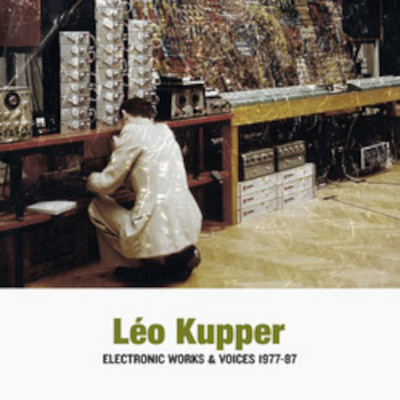
|
KUPPER, LEO - Electronic Works & Voices 1977-1987
Label : Sub Rosa Format : 2xLP - Price : 24.80 € | ||
| BEST SELLING | |||
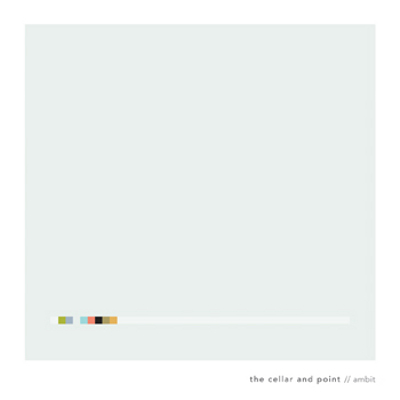
THE CELLAR AND THE POINT Ambit (CD) - 14.70 € Cuneiform Records |
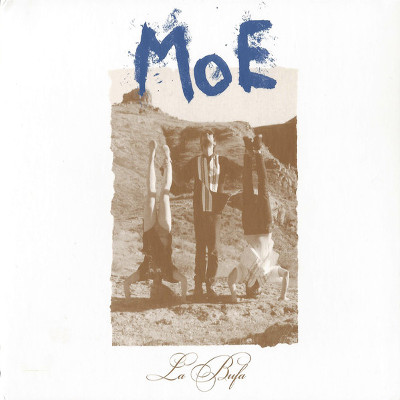
MOE La Bufa (LP) - 16.60 € Conrad Sounds |
||
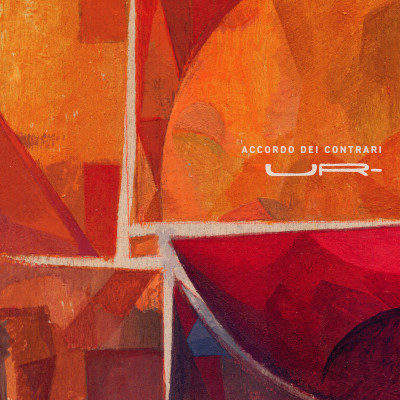
ACCORDO DEI CONTRARI Ur- (CD) - 14.70 € Cuneiform Records |
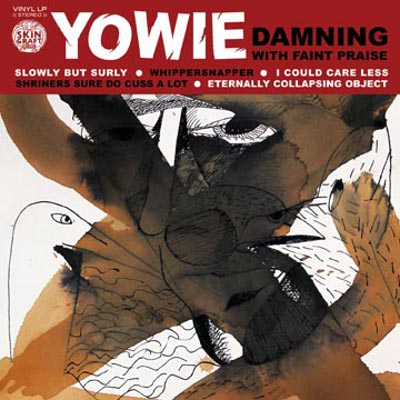
YOWIE Damning with Faint Praise (CD) - 14.40 € Skin Graft Records |
||
| NEW RELEASES | |||
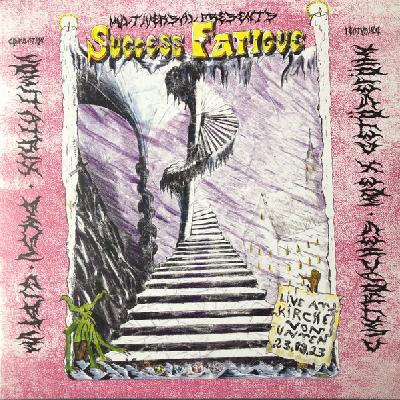
V/A Success Fatigue (LP) - 12.40 € Musikfonds |
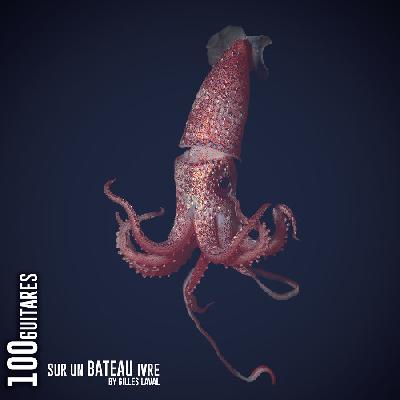
LAVAL, GILLES 100 Guitars on a Drunken Boat (CD) - 14.70 € Cuneiform Records |
||
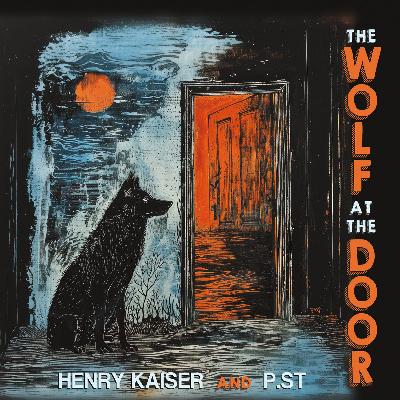
KAISER, HENRY (AND P.ST) The Wolf at the Door (2xCD) - 16.60 € Sub Rosa |
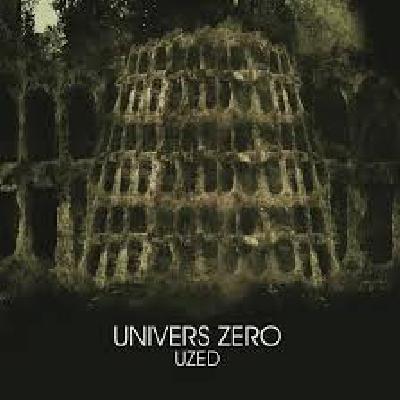
UNIVERS ZERO Uzed (CD) - 14.50 € Sub Rosa |
||
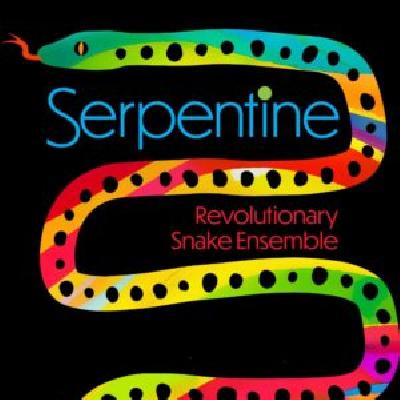
REVOLUTIONARY SNAKE ENSEMBLE Serpentine (CD) - 14.70 € Cuneiform Records |
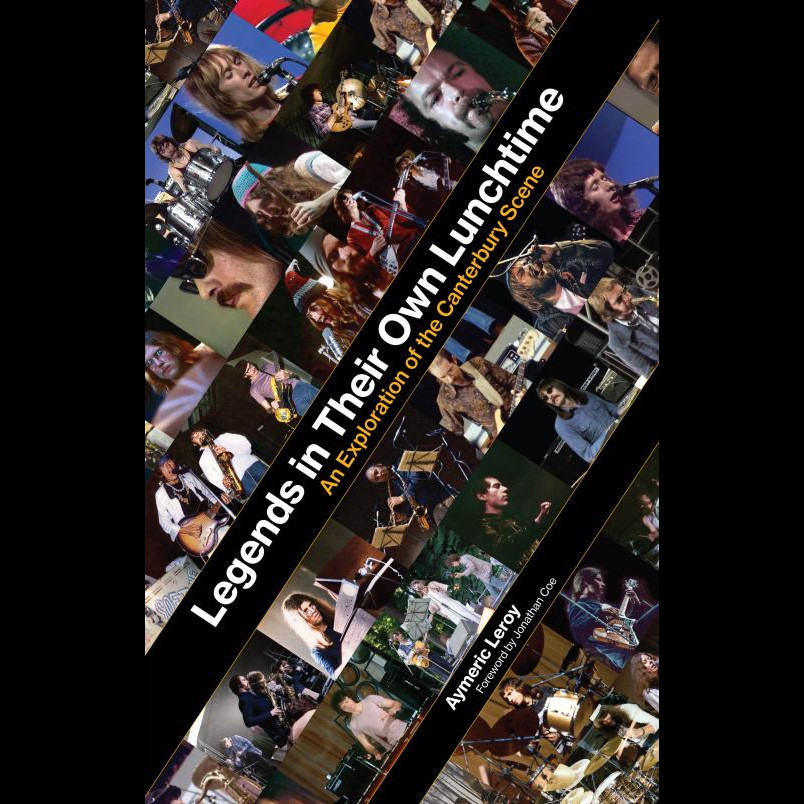
LEROY, AYMERIC Legends in their Own Lunchtime : An Exploration of the Canterburry Scene (Book) - 79.00 € Cuneiform Records |
||
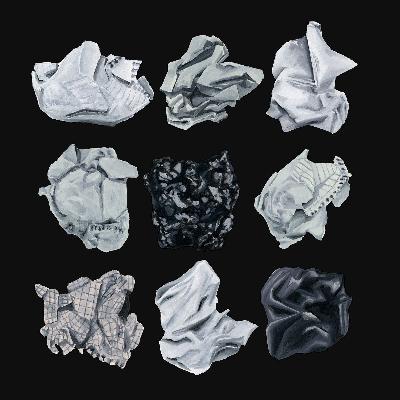
CANYONS One Man's Trash (LP) - 31.40 € Head Records / The Ghost is Clear Records |
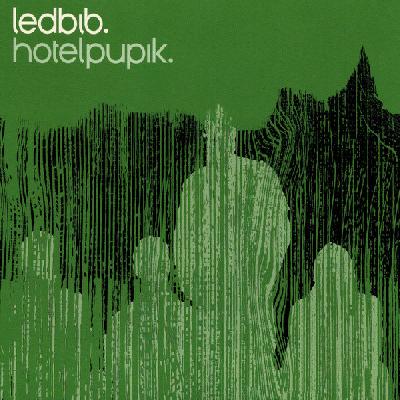
LED BIB Hotel Pupik (LP) - 25.50 € Cuneiform Records |
||
| -MORE NEW RELEASE- | |||